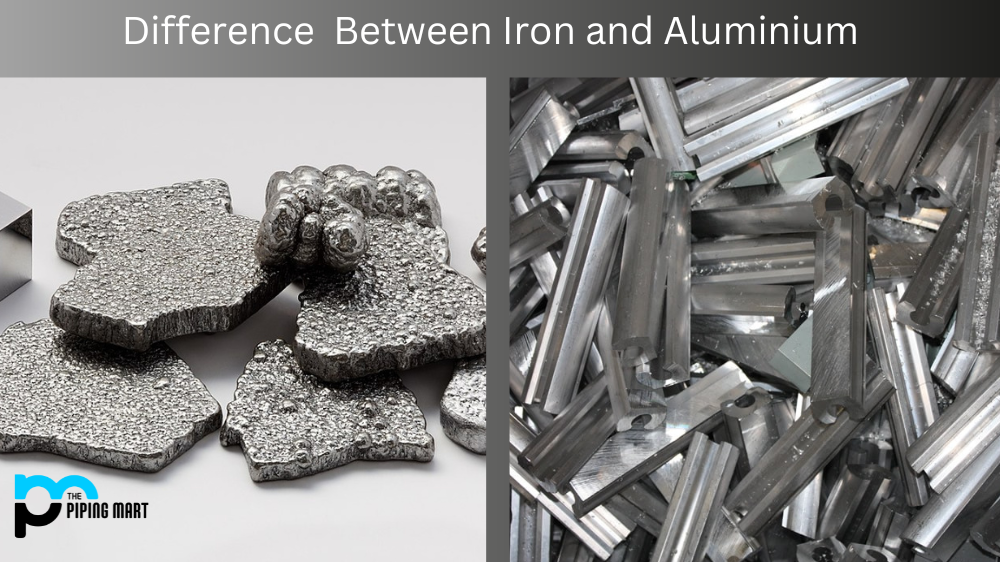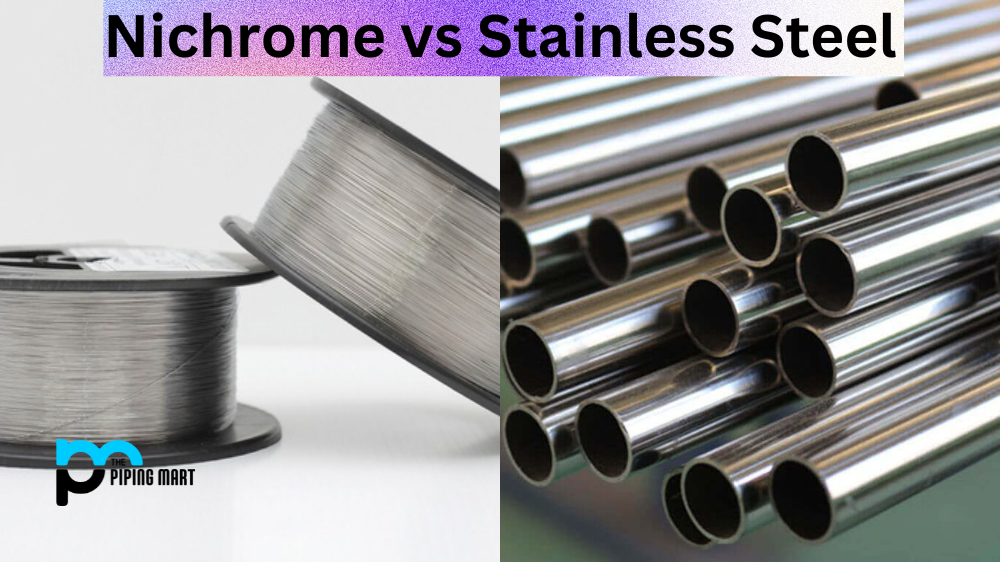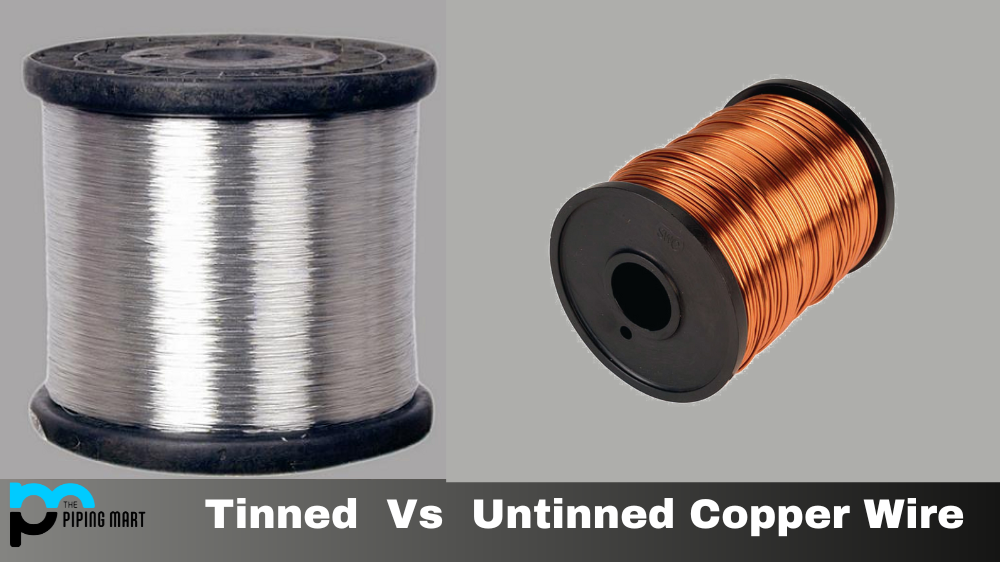When it comes to metalworking, a variety of materials can be used in the manufacturing process. Two of the most popular materials are iron and aluminum. Both of these metals have advantages and disadvantages, so it is essential to understand their differences before deciding. Let’s look at some of the key differences between iron and aluminium.
Strength and Weight
One of the significant differences between iron and aluminium is their strength-to-weight ratio. Iron is much stronger than aluminium but also weighs more due to its higher density. This means that aluminum may be the better choice for applications where strength is essential, but weight needs to be kept low, such as in aircraft construction or automotive parts. Aluminium also has superior corrosion resistance compared to iron, making it ideal for use in outdoor applications.
Cost
In general, iron tends to cost less than aluminium due to its lower production costs and its abundance in nature. However, keep in mind that there are many different grades of both metals available on the market so prices can vary significantly depending on your needs. It is best to shop around for quotes from multiple suppliers before making a purchase decision.
Machinability
Aluminium is much easier to machine than iron because it has a lower melting point, making cutting more accessible and faster. On the other hand, iron requires more time and effort when machining because it needs to be cut at higher temperatures which requires more energy consumption. This makes aluminium a better choice if you need parts quickly or are on a tight budget.
Conclusion:
When choosing between iron and aluminium for your next project, consider your needs carefully before making a purchase decision. Iron is typically cheaper but heavier, while aluminum is lighter but more expensive. Aluminium also offers superior corrosion resistance, which makes it ideal for outdoor applications. At the same time, iron may be better suited for indoor applications where strength matters more than weight or cost savings. Ultimately, only you can decide which material best suits your needs, so do your research before committing to one or the other!
Sakshee is a talented blogger, with a particular focus on the Business and Metal Industry. She is passionate about sharing her insights on various metal products and helping professionals to make a better decisions.




